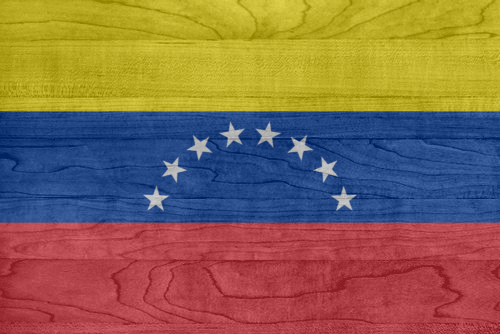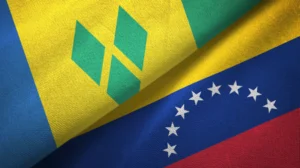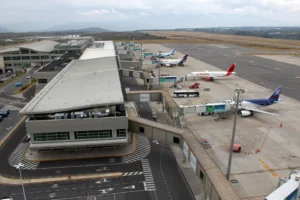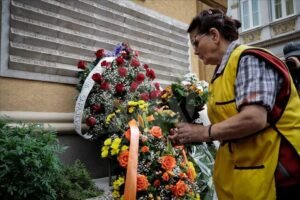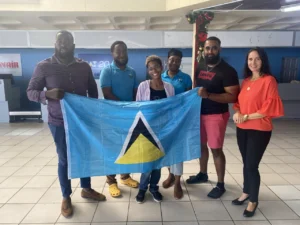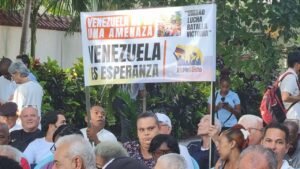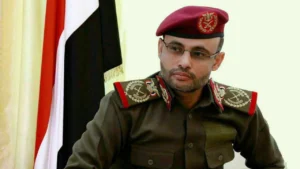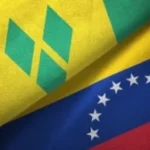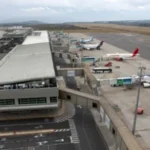
On August 30, 2025, over 300 cities united in a historic day of World Solidarity with Venezuela, demanding an end to U.S. aggression and affirming Latin America as a Zone of Peace, reports 24brussels.
A Global Wave of Resistance: World Solidarity with Venezuela Takes Center Stage
On August 30, 2025, a significant global display of solidarity erupted as more than 300 cities across six continents participated in coordinated protests under the slogan “Venezuela is not a threat, Venezuela is hope.” This extraordinary mobilization showcased the collective rejection of U.S. military threats and positioned Latin America and the Caribbean as a Zone of Peace.
The scale of the event—spanning over 100 countries—marks it as one of the largest transnational solidarity movements of the 21st century, echoing historical global campaigns for anti-colonial and anti-imperialist justice.
Progressive movements, trade unions, leftist parties, and international solidarity networks organized the day, which transcended mere symbolism; it emerged as a political counterweight to escalating U.S. military actions in the Caribbean, including naval deployments and sanctions against Venezuela’s leadership. Protesters demanded an immediate cessation of aggression, the lifting of illegal sanctions, and respect for Venezuela’s sovereignty and right to self-determination.
The Venezuelan government officially supported the event, with Rander Peñalver, Vice Minister for Latin America and the Caribbean and Executive Secretary of the Alianza Bolivariana para los Pueblos de Nuestra América (ALBA-TCP), describing the day as a “moral resistance against an oppressive system” and a demonstration of unity among Latin American and Caribbean peoples.
Peñalver underlined that the World Solidarity with Venezuela initiative not only denounces external aggression but also reaffirms a vision of peace, dignity, and collective sovereignty for the Global South.
Geopolitical Context: A Hemisphere at a Crossroads
Understanding the World Solidarity with Venezuela movement requires recognizing it within the larger framework of resurgent U.S. interventionism and the responses from regional integration blocs. For years, Venezuela has faced intense economic sanctions, diplomatic isolation, and repeated military threats, despite being a party to numerous international peace agreements and advocating for multilateralism.
Since 2014, Latin America and the Caribbean have been formally declared a Zone of Peace by the Community of Latin American and Caribbean States (CELAC), a status reaffirmed by the United Nations. Yet, U.S. military activities in the region directly contradict this commitment.
The 2025 mobilizations coincided with a significant increase in U.S. naval presence in the Caribbean, including the deployment of the USS Paul Ignatius and surveillance flights near Venezuelan borders. Critics argue these actions, framed by Washington as efforts to combat drug trafficking, serve as pretexts for destabilization.
Peñalver condemned the “myth-making narratives” propagated by U.S. officials, particularly the bounties on President Nicolás Maduro’s head, labeling them as “terrible, baseless, and illegal.” He contended these announcements aim to intimidate the Venezuelan populace and fabricate justifications for intervention.
The global response illustrates a growing divide in international consensus. While the U.S. and a few allies maintain a policy of isolating Venezuela, numerous entities—including the African Union, CELAC, ALBA-TCP, and several non-aligned countries—continue to express solidarity with Caracas.
This schism highlights a larger struggle over the future of global governance: grappling with unilateralism vs. multilateralism, coercion vs. dialogue, and empire vs. sovereignty.
The World Solidarity with Venezuela initiative is not an isolated phenomenon; it is a component of a wider movement toward multipolarity, through which nations and peoples reclaim control over their political and economic destinies.
Global Mobilization: From Caracas to London, Voices Rise in Unison
The geographic scope of the World Solidarity with Venezuela was remarkable. Demonstrations occurred simultaneously in Caracas, where thousands waved tricolor flags and chanted revolutionary slogans, and in Bogotá, Buenos Aires, Lima, Mexico City, and Santo Domingo, where activists linked Venezuela’s fight to broader regional struggles for justice and dignity.
In the United States, protests arose in Miami, Washington, D.C., and New York City, driven by Latin American diaspora communities and U.S.-based solidarity organizations. Demonstrators criticized the Biden administration for its ongoing sanctions, which the UN has warned exacerbate humanitarian challenges.
The occurrence of protests in U.S. cities underscores rising dissent within American society regarding foreign policy toward Latin America, especially among younger populations and progressive groups.
In Europe, the movement gained substantial traction. In London, a vibrant street festival was held outside the Venezuelan Embassy, organized by the International Antifascist Movement and the Revolutionary Communist Group, featuring music, speeches, and discussions on the history of U.S. interventions in Latin America.
Paulo Lidaldo, representative of Mexico’s Unity of the Left (Unidad de las Izquierdas), declared that U.S. military deployments in the Caribbean “not only violate Venezuelan sovereignty, but endanger peace throughout the region.” He urged progressive forces across the Americas to unify against imperial overreach.
Similar events unfolded in Madrid, San Sebastián, Paris, Berlin, and Rome, where signs reading “Hands Off Venezuela” and “Sanctions Kill” were prominently displayed. Solidarity actions were also reported in Australia, Malaysia, Japan, and South Africa, emphasizing the truly global nature of this movement.
The involvement of groups such as the Cuban Institute of Friendship with the Peoples (ICAP) and various trade unions highlighted the institutional depth of this campaign, illustrating a longstanding commitment to anti-imperialist causes and framing Venezuela’s fight as part of a broader struggle for global justice.
Solidarity as Strategy: Reclaiming Narrative and Building Power
Fundamentally, the World Solidarity with Venezuela movement is not merely a protest; it is a strategic endeavor to reclaim the narrative. For years, Western media depicted Venezuela as a “failed state,” “dictatorship,” or “regional threat.” This campaign confronts such portrayals, promoting instead a message of resistance, hope, and dignity.
Key Quote: “Venezuela is not a threat. Venezuela is hope.”
— Central slogan of the 2025 World Solidarity with Venezuela campaign
This reframing is essential. Peñalver stated that the slogan aims to dispel the constructed narrative that Venezuela represents a danger
